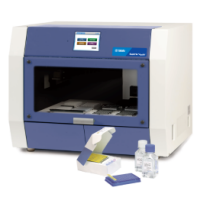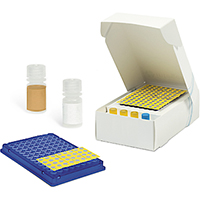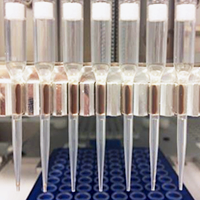Wertz, M.H. et al. Cell-type-specific miR-431 dysregulation in a motor neuron model of spinal muscular atrophy. Human Molecular Genetics. 25(11):2168–2181 (2016).
Crocker, A. et al. Cell-Type-Specific Transcriptome Analysis in the Drosophila Mushroom Body Reveals Memory-Related Changes in Gene Expression. Cell Reports. 15(7):1580–1596 (2016).
Ellison, D.W. et. al. Complete genome sequences of Zika virus strains isolated from the blood of patients in Thailand in 2014 and the Philippines in 2012. Genome Announcements. 4(3):e00359-16 (2016).
Sanders, H. et al. Mutation Yield of a 34-Gene Solid Tumor Panel in Community-Based Tumor Samples. Molecular Diagnosis & Therapy. 20(3):241–253 (2016).
Denk, F. et al. Persistent Alterations in Microglial Enhancers in a Model of Chronic Pain. Cell Reports. 15(8):1771–1781 (2016).
Muñoz-Gutiérrez, J.F. et al. Transcriptomic Determinants of Scrapie Prion Propagation in Cultured Ovine Microglia. PLoS One. 11(1):e0147727 (2016).
Sherman, K.E. et al. Viral dynamic modeling of Hepatitis C and resistance-associated variants in haemophiliacs. Haemophilia. 22(4):543–548 (2016).









